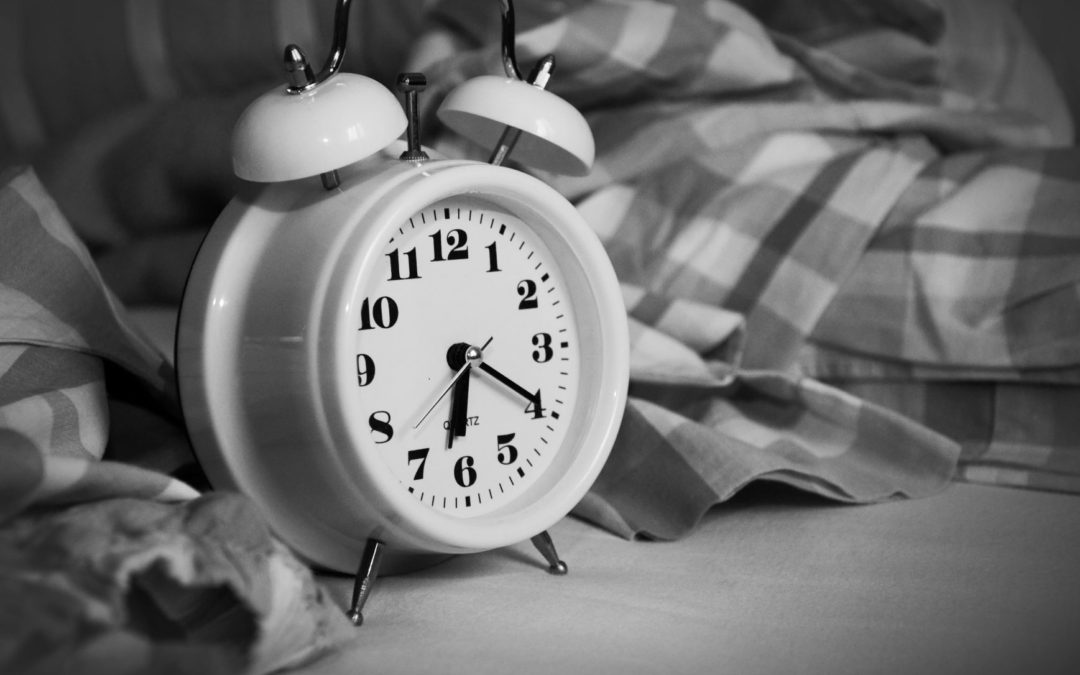Sometimes I get so excited that it is bedtime, particularly when I have had a few rough nights or later than normal bedtimes. As any parent knows sleep is a treasured gift, especially if you have a new baby at home, a toddler dealing with night terrors/bed-wetting or an older child that is sick. We may get to bed only to be woken up in the wee hours finding it hard to go back to sleep. I think we can all agree a lack of sleep is part of raising kids and goes with the territory, but what about the times outside of someone else waking us up? I often struggle with going to bed to get rest or staying up ALONE and relishing in the quiet to relax.
We are in a society that busy is the new cool and often a lack of sleep is worn as a badge of honor. You know what I’m talking about…”I only got 4 hours of sleep last night because I worked late at my desk,” or “I had to get the laundry done and make a cake for my son’s birthday.” What about the nights when we have made the conscious choice to stay up late, scrolling on our phones or watching Netflix in bed? We have deprioritized the need for sleep and somehow convinced ourselves we don’t actually need that much rest. At first our bodies notice (during the first 1-2 nights of sleep deficit) but after that the brain is tricked into thinking this is the new norm and the body accepts it. Research has proven the consequences of long term sleep loss and includes: poor concentration and cognitive function, increased risk of injury, illness and depression, poor mood, memory issues, weight gain and the list goes on. Not to mention when we are tired we certainly don’t have energy for exercise or preparing healthy meals.
The National Sleep Foundation recommends 7-9 hours of sleep for an adult (18+), yet Gallup notes 40% of American adults are sleeping less than 6 hours a night. Want to know how much sleep a child or older adult needs? Click Here to view sleep recommendations for all age groups.
Download 5 tips that will change your life
Ways to improve your sleep (outside of sending your kids to Grandma’s):
Upon waking – expose yourself to bright light (sets circadian rhythm)
Track sleep for 1- 2 weeks
Limit caffeine/alcohol
Consistent waking/sleep times – even on the weekends
Sleep Environment – cool, dark, quiet
Decide what time you need to wake in the morning and count back 7-9 hours to find out when you need to go to bed
Keep the bedroom for sleep and sex (No T.V.)
Do not use smart devices at least 30 minutes before bed
Why are Smartphones so bad before bed? Smartphones emit a bright blue light that mimics the sun. At night this tricks the brain into thinking it is day and therefore shuts down Melatonin production which increases at night to help you feel sleepy. The result, it is harder to go to sleep and stay asleep. In addition when you are on your device mindlessly scrolling time tends to fly by so not only is your quality of sleep being compromised, but you are going to bed later.
Challenge:
Since most of us are addicted to our phones/tablets to some degree. Put your phone down for the next 7 days at least 30 minutes before bed and do not use your device once you enter your bedroom.
Track your sleep and write down the following: when you went to bed, when you woke, did you wake in the night and how do you feel upon waking in the morning.
Send me a note if you complete the challenge and let me know what changed for you?


Recent Comments